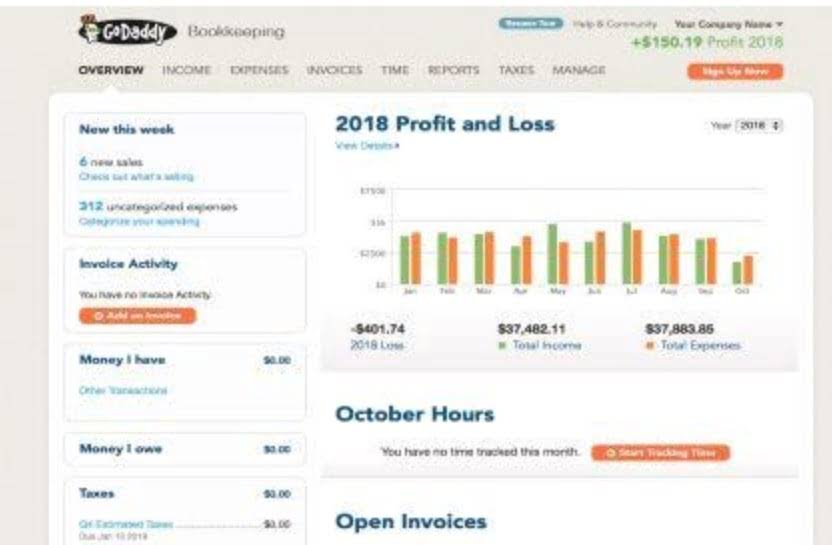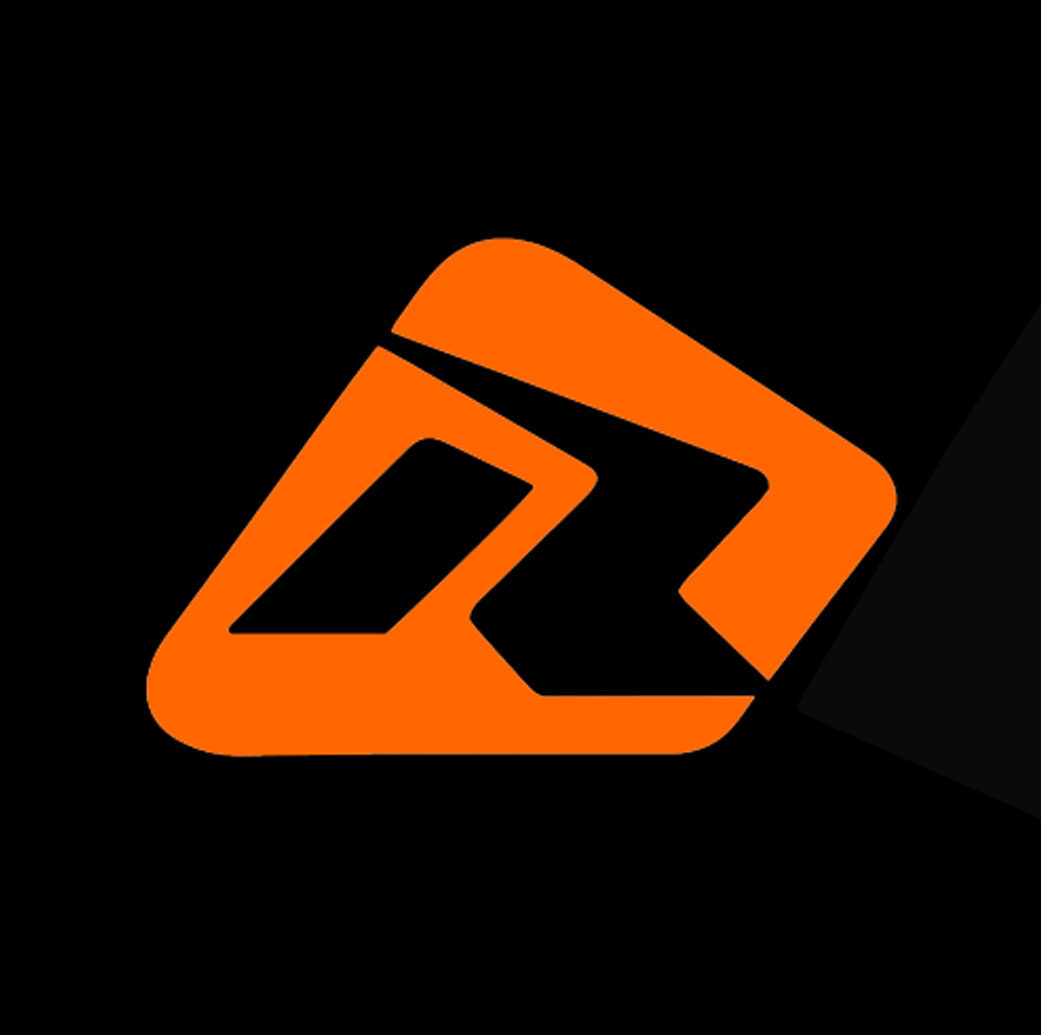
Such an association helps bookkeepers develop knowledge and skill via bookkeeping education and accreditation. Furthermore, the NBA trains and certifies bookkeeping students and employees in bookkeeping, accounting, payroll, tax, excel, and QuickBooks. Every business needs a bookkeeper as they need to manage their books of accounts effectively.
The size and scope of a business will determine whether the company needs a part-time bookkeeper, full-time specialist bookkeeper, or an entire accounting department. Financial institutions, investors, and the government need accurate bookkeeping accounting to make better lending and investing decisions. Bookkeeping accuracy and reliability are essential for businesses to succeed for staff, executives, customers, and partners. This will give you an accurate bird’s eye view of what checks are still outstanding, post any bank transactions, and add additional charges, such as account fees. AccountantsAccountants have a bachelor’s degree in accounting – or a finance degree considered an adequate substitute – and interpret, classify, analyze, report and summarize financial data. And with all that managed to perfection, your accountant just might shed a tear of joy preparing your financial statements.
Understanding Assets, Liabilities, and Equity When Balancing the Books
Under the principle of consistency, accountants must clearly state any changes in financial data on financial statements. According to Statista, 64% of small businesses use accounting software for their finances. Automated accounting software includes tools like QuickBooks, Xero, and other popular accounting applications.
While most bookkeepers work with businesses, some individuals may also choose to hire a bookkeeper to track personal finances. At the end of every pay period, the bookkeeper will accumulate employee payroll details that include hours worked and rates. From there, the total pay is bookkeeping 101 determined with the applicable taxes and withholdings. In the accounting software, the primary journal entry for total payroll is a debit to the compensation account and credits cash. In this module, you will learn how bookkeepers using accounting software to record transactions.
Best Free Accounting Software for Small Businesses
Here’s a crash course on small-business bookkeeping and how to get started. Your low overhead means your deductions are limited (there’s only so much a laptop and work desk can deduct…), so make sure you set aside enough money for tax season. This is the easiest and priciest, as you’ll have a professional bookkeeper with ongoing support.
- Once you have a set process for documenting and reporting your finances, stick to it.
- This means that curiosity and deductive reasoning skills are also useful.
- Balance sheets are among the basics of bookkeeping and are a vital part of reporting to banks, vendors, investors, and other potential lenders.
- All you need to do is complete the accounting fundamentals course and pass the bookkeeping certification exam.
- Check out solutions like Rydoo, Expensify, Zoho Expense, and Shoeboxed to help manage your expenses.
- In order to prepare for this exam, you need to attend QuickBooks training classes as these classes offer you a good foundation of QuickBooks knowledge.
- Any transaction posted in your ledger or your accounting software will be a debit or a credit.
As a sole proprietor, freelancer, or small business owner, you can choose between using a traditional hand-written ledger, spreadsheet software, or accounting software. Any and every transaction you make needs to be recorded, either in your ledger book or in your accounting software application. Most software that’s designed for sole proprietors and small businesses will include a default chart of accounts, so you won’t have to create one from scratch. A debit entry can increase the balance of some accounts, while a credit entry can increase the balance of other accounts. It will be helpful for you to understand this principle before posting any transactions.
Cash Basis of Accounting
This accounting method doesn’t account for accounts receivable, accounts payable, and inventory. Single-entry bookkeeping is suited for tracking net income, but it can’t be used to create a full balance sheet and track asset and liability accounts. Self-taught bookkeepers use a variety of courses, seminars, books, and other online resources to learn about bookkeeping and accounting. You can also learn how to use accounting software, like QuickBooks, which can teach you about the basics of bookkeeping as well as the technology used by many businesses. A business must have bookkeeping processes and policies that keep company records up-to-date and accurate. For example, business owners must be diligent about keeping personal and business finances separate.
As a professional bookkeeper, you would keep track of a company’s financial transactions and record them in the general ledger accounts. Your bookkeeper might also prepare other auxiliary reports for your business, like accounts payable and accounts receivable aging reports. You can use these to make business decisions, but they should not be presented as audited, certified or official financial statements. Bookkeeping is the practice of organizing, classifying and maintaining a business’s financial records. It involves recording transactions and storing financial documentation to manage the overall financial health of an organization.
Income Statement and Bookkeeping: Revenue, Expenses, and Costs
The QuickBooks comprehensive training program gets users comfortable with using QuickBooks software in just two days. When you start your first subscription to Coursera, it will start a seven-day free trial. This free trial allows you to try a specialisation course for free. However, on the eighth day, your free trial automatically becomes a paid subscription, unless you cancel the free trial version. The NACPB is an organisation that provides bookkeeping training, tools, exam preparation, and testing for NACPB members and non-members. Bookkeepers can advance their skills, knowledge, and marketability via the self-study professional education offered by AIPB to both members and non-members.

For example, the client is responsible for entering transactions. Customers schedule an appointment to have a bookkeeper review their transactions, and multiple schedules are available to choose from. You will have access to a client management portal, and can communicate with customers through video conferencing and messaging. Some online bookkeeping courses are free, while some require payment.
Use accounting software if:
To record a transaction, identify the accounts that will be debited and credited. Your chart of accounts is really just a glorified list of every classification of incoming and outgoing money. You have just learned the basics of bookkeeping in your business or bookkeeping 101 as we like to call it. Once everything is categorized and reconciled, you can prepare your financial statements. Reconciling your transactions is the practice of determining any difference between the balance shown on the bank statement and in your bookkeeping system. The best part is that most of these programs enable you to connect your business bank account.
Basically, bookkeeping keeps you from spending and making money without tracking it. Create clear processes for recording transactions https://www.bookstime.com/articles/capitalization-rate and events as soon as you start your business. Once you have a set process for documenting and reporting your finances, stick to it.
But as your business grows or circumstances change, you may want to revisit the way you record and report small transactions. Liabilities are everything that your company owes in the long or short term. Your liabilities could include a credit card balance, payroll, taxes, or a loan. A debit is a record of all money expected to come into an account. A credit is a record of all money expected to come out of an account. Essentially, debits and credits track where the money in your business is coming from, and where it’s going.

